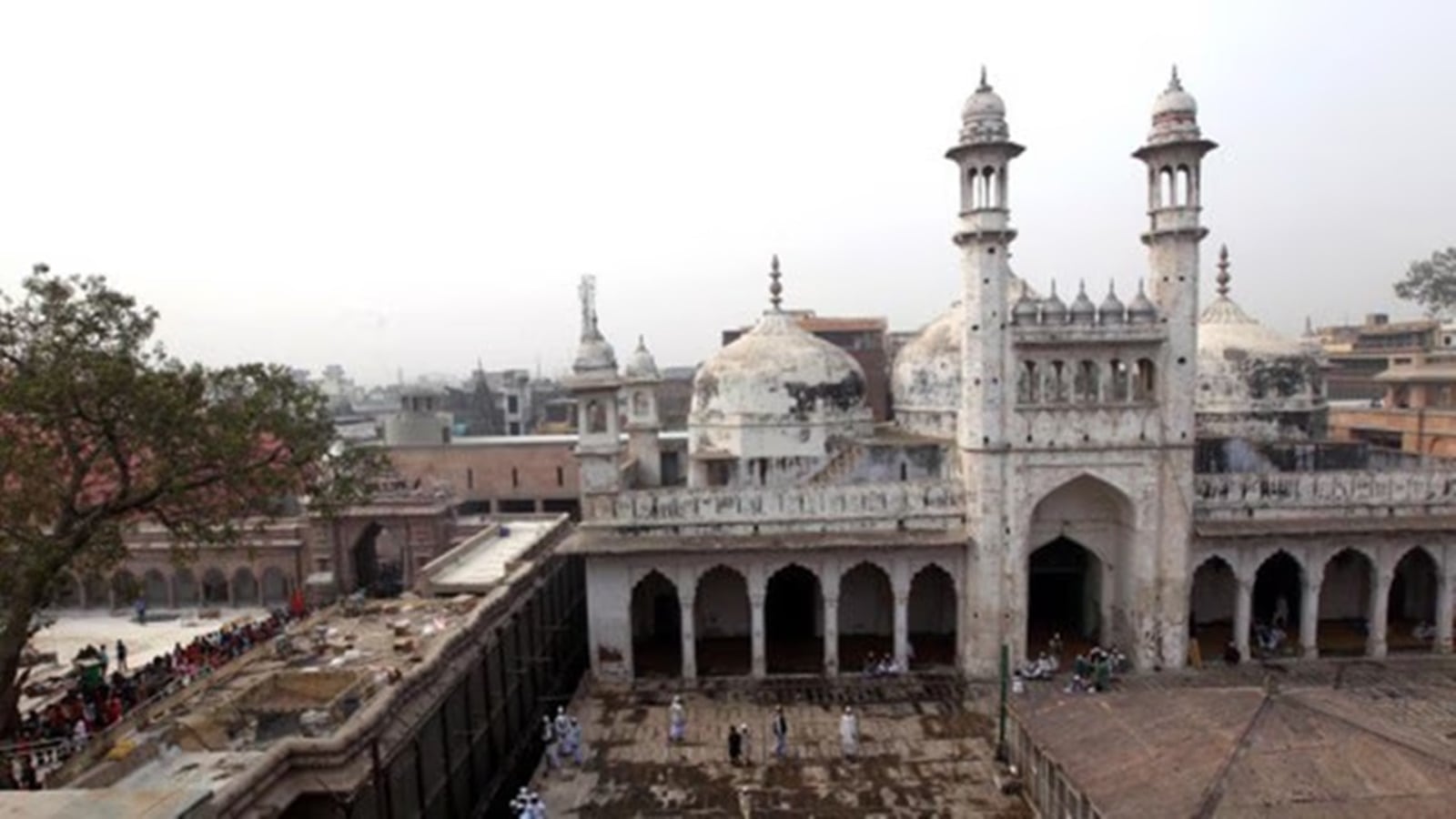 |
|
The Gyanvapi Mosque committee's intervention in the Supreme Court directly challenges petitions questioning the constitutionality of the Places of Worship (Special Provisions) Act, 1991. Their argument rests on the assertion that allowing these challenges would have severe and potentially violent consequences, citing the recent unrest in Sambhal, Uttar Pradesh, as a stark example. The Sambhal incident, involving a court-permitted survey of a mosque, resulted in significant violence and casualties. The committee contends that similar actions nationwide would destabilize communal harmony and erode the rule of law. The committee further argues that the petitioners' claims, framed as grievances against past rulers, are fundamentally inappropriate for a constitutional challenge. They assert that such historical grievances cannot be legally addressed through the courts, echoing the Supreme Court's own statements in the Ayodhya case regarding the limitations of judicial intervention in historical religious disputes. The committee emphasizes the Ayodhya judgement's clear stance against revisiting actions of past rulers as grounds for legal claims.
The core of the committee's argument hinges on the interpretation of the 1991 Act as a crucial component of India's secular framework. They contend that the Act safeguards the fundamental values enshrined in the Constitution, including freedom of belief and worship, human dignity, and fraternity. The committee highlights that the Act’s purpose is to preserve the religious character of places of worship as they stood on August 15, 1947, thereby providing stability and reassurance to all religious communities. The legislation isn't merely a restriction on individuals; it's a binding obligation on the State itself, reinforcing the fundamental duties outlined in Article 51-A of the Constitution. This, the committee argues, is not merely a legislative act but a tangible demonstration of the State's commitment to secularism, a foundational principle of the Indian Constitution.
The committee strongly criticizes the attempts to reinterpret or undermine the 1991 Act through various lawsuits seeking surveys or inspections of mosques. They view these actions as a misinterpretation of the law and its underlying principles. The committee insists that the Act's purpose is to protect the secular fabric of Indian society and prevent the kind of unrest seen in Sambhal. Their intervention, therefore, is intended to prevent a potential erosion of communal harmony and a resurgence of religiously motivated disputes. The committee frames the 1991 Act as a vital instrument for maintaining social peace and stability, highlighting its role in solidifying India's commitment to secularism and its prevention of any retrogression from this principle. They argue that the Act’s protective nature is integral to the basic structure of the Constitution, and its undermining would represent a significant constitutional challenge.
In essence, the Gyanvapi Mosque committee's intervention is not merely a legal defense of the 1991 Act; it is a broader plea to safeguard India's commitment to secularism and communal harmony. Their arguments emphasize the importance of respecting established legal frameworks, preventing the reopening of potentially volatile historical disputes, and upholding the fundamental principles that underlie India's constitutional identity. By emphasizing the potential for widespread violence and societal disruption should the Places of Worship Act be overturned, the committee attempts to frame the issue not solely as a legal matter, but as a matter of national security and social stability. The strategic linking of their arguments to the Supreme Court's previous judgements, particularly the Ayodhya case, serves to bolster their claims and position their intervention as a vital step to maintain the delicate balance of religious coexistence within India.
Source: Gyanvapi Mosque committee moves Supreme Court over Places Of Worship Act
